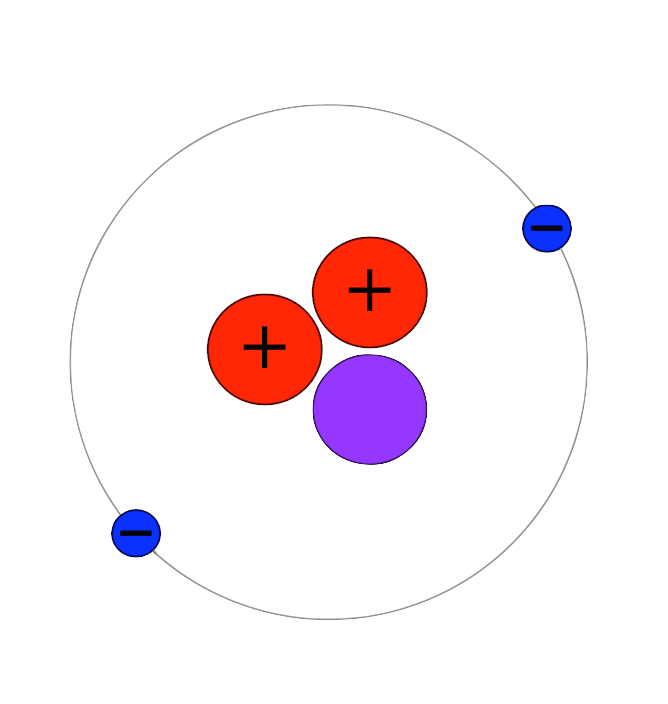
Question #1d260
2 Answers
Because that is the average atomic mass of its two stable isotopes.
Because protons and neutrons are approximately the same size, the atomic mass of a helium atom is four daltons. Let's look at a larger atom. Barium has an atomic mass of 137 daltons. The periodic table includes the atomic weights of all of the elements. The molar mass of an element is its atomic weight in grams/mole (g/mol). The atomic weight for helium on the periodic table is 4.002602. The molar mass of of helium is '4.002602 g/mol'. This means that one mole of helium has a mass of '4.002602 g'. Helium is a chemical element with atomic number 2 which means there are 2 protons and 2 electrons in the atomic structure. The chemical symbol for Helium is He. It is a colorless, odorless, tasteless, non-toxic, inert, monatomic gas, the first in the noble gas group in the periodic table. Atomic Mass of Helium Atomic mass of Helium is 4.0026 u. The atomic mass is the mass of an atom. The atomic mass or relative isotopic mass refers to the mass of a single particle, and therefore is tied to a certain specific isotope of an element.
Explanation:
The average atomic mass of an element is determined using the atomic masses and the abundances of its stable natural isotopes.
As you know, the identity of a chemical element is given by its atomic number, i.e. by the number of protons it has in its nucleus.
For a given element, the number of neutrons it has in its nucleus can vary quite a lot. Atoms that have the same number of protons but different numbers of neutrons in their nucleus are called isotopes.

Each isotope will contribute to the average atomic mass of the element proportionally to its abundance.
Helium only has two stable isotopes, helium-3 and helium-4.
The atomic masses and abundances for these two isotopes are
#'^3'He' -> '3.0160293 u' '# and#' '0.000137%# abundance#'^4'He' -> '4.002602 u' '# and#' '99.999863%# abundance
So, what will the average atomic mass of helium be? Notice that helium-3 has a very, very small abundance, which means that its atomic mass will contribute very, very little to the average.
In helium's case, you have - I'll use decimal abundances, which are percent abundances divided by
The average atomic mass of helium can thus be approximated to be
The atomic weight (mean relative mass) is not
Explanation:
When calculations are carried out to determine the mean relative mass of helium, the result is

Helium Atomic Mass In Kg
http://www.nist.gov/pml/data/periodic.cfm
http://www.webelements.com/nexus/Printable_Periodic_Table
http://www.vertex42.com/ExcelTemplates/periodic-table-of-elements.html
Rounded Atomic Mass Helium
Related questions
